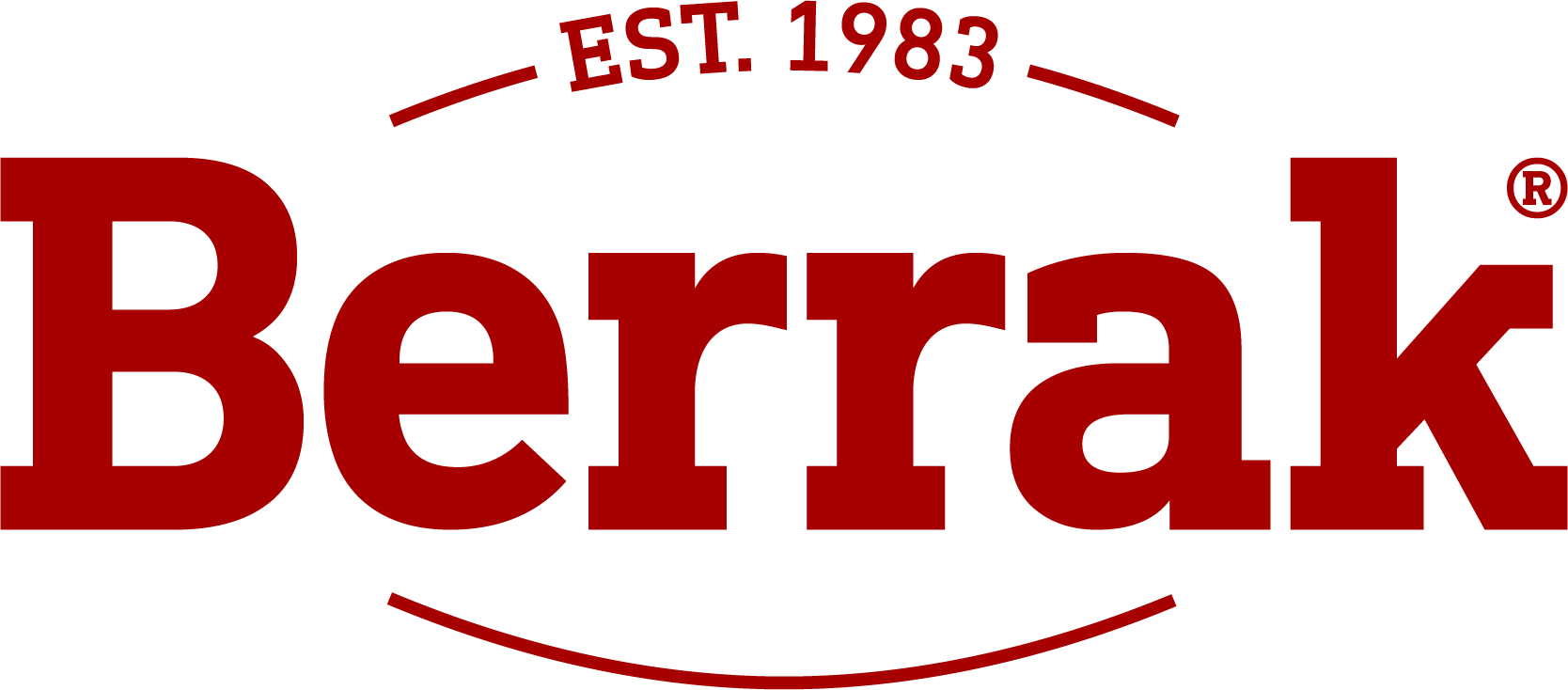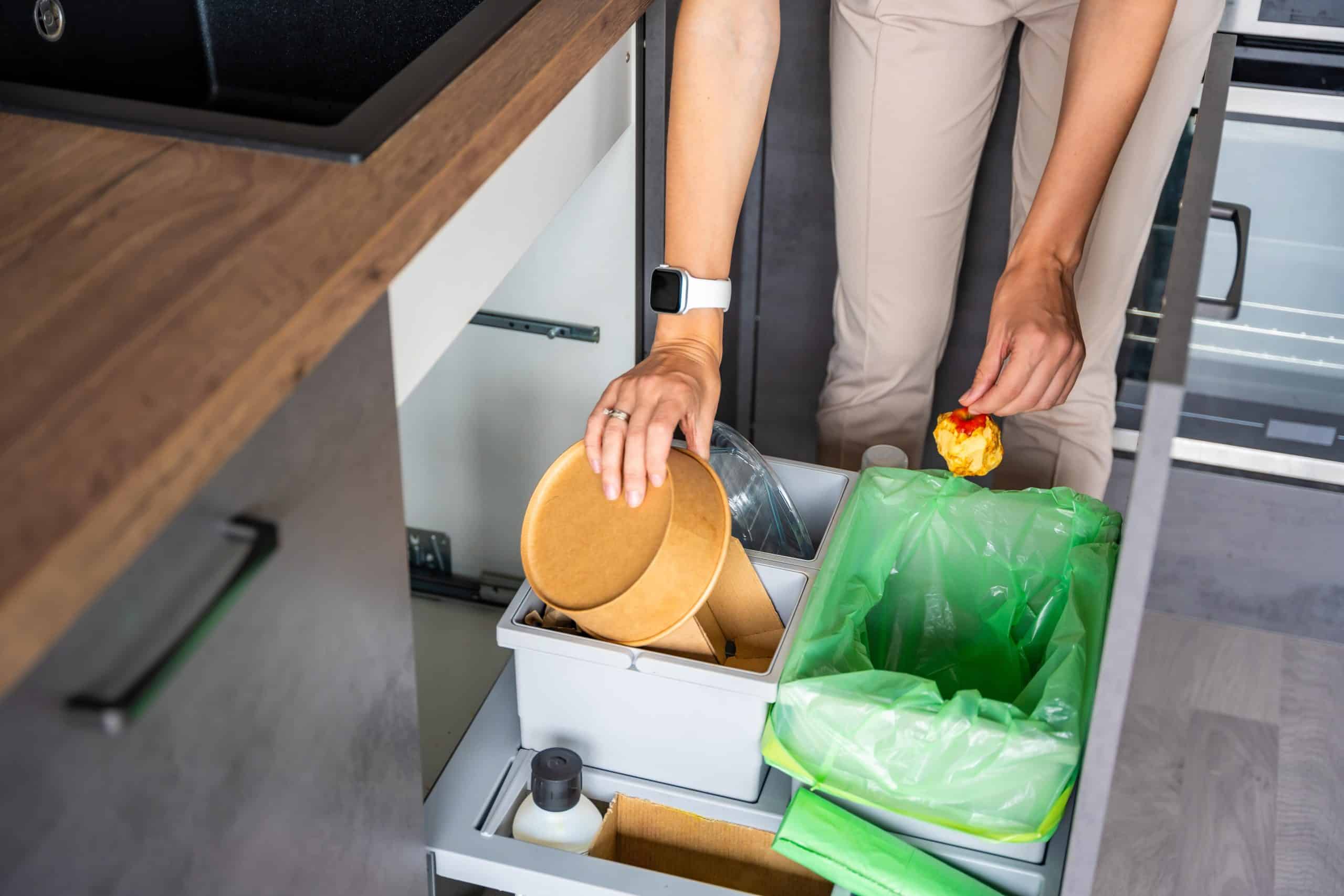Kitchens are one of the areas where most waste is produced in daily life and needs to be managed. Implementing waste reduction strategies in the kitchen for sustainable living increases both the positive effects on the environment and saves costs. Here are some effective tips for waste reduction and sustainable living in the kitchen:
1. Be Conscious When Shopping
Local and Organic Products: Buying local products reduces transportation and packaging waste.
Unpackaged Markets: Minimize the use of plastic packaging by choosing unpackaged markets.
Adjust the Quantity: Do not shop more than you need and buy in quantities that will keep it fresh.
2. Waste Management in the Kitchen
Compost: Enrich your soil by composting organic waste and prevent it from going to waste.
Recycling Bins: Contribute to the recycling process by collecting recyclable materials such as plastic, glass, metal and paper in separate bins.
Reduce and Reuse: Choose reusable materials instead of single-use products and reduce the amount of waste.
3. Save Energy and Water
Energy-Efficient Appliances: Reduce energy consumption by using refrigerators, dishwashers, and other appliances with high energy ratings.
Water-Saving Faucets: Minimize water consumption by using water-saving faucets and showerheads.
4. Use Zero-Waste Alternatives
Beeswax Fabric: Keep food fresh by using beeswax fabric instead of plastic cling film.
Avoid Single-Use Products: Reduce or eliminate products such as paper towels, napkins, or disposable plates and forks.
5. Preparing and Storing Food
Proper Portions: Adjust portion sizes when cooking and serving meals, and prevent waste by storing leftovers in the refrigerator or freezer.
Glass or Stainless Steel Storage Containers: Choose glass or stainless steel storage containers to reduce plastic use.
6. Grow Your Own Food
Garden or Balcony Cultivation: Reduce packaging waste and promote healthy eating by growing your own vegetables and herbs.
7. Conscious Cooking and Cooking Techniques
Low Energy Consumption: Save energy by using low heat and lidded cooking techniques.
Recycling Foods: Reduce waste by creating new recipes with leftovers.
8. Education and Awareness
Create Awareness for Family and Guests: Raise awareness by talking to your household and guests about sustainable living and waste reduction.
Waste reduction and sustainable living strategies in the kitchen can make a big difference by starting with small steps. Each application can help you increase your environmental impact and adopt a more sustainable lifestyle. Start with small changes and take steps on your waste reduction journey in the kitchen and increase your positive impact on the environment.


